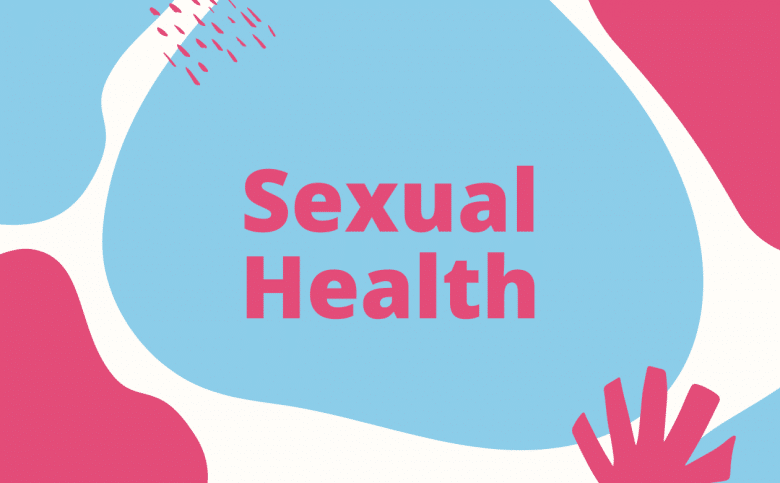By Dr Louise Lodh, GP and Speciality Doctor in Sexual Health, OneMedical Group
Did you know…
Gonorrhoea rates in England are rising rapidly – they are now at the highest level since records began more than 100 years ago.
- Symptoms include vaginal or penile discharge, pain when passing urine and irregular vaginal bleeding but it often has no symptoms.
- Get tested if you have had unprotected sex with a new partner or before starting a new relationship – test together to avoid starting a relationship with an STI.
- It is easily treated, usually with an injection of antibiotics
Chlamydia can present with similar symptoms as gonorrhoea and is checked for with the same test
- It is easily treated with antibiotic tablets
STIs can have serious consequences if untreated:
- Chlamydia and gonorrhoea can cause pelvic inflammatory disease leading to infertility in females
- HIV and syphilis can cause serious, life threatening illness
U = U Undetectable = Untransmittable
- HIV is treatable if caught early and when treated, resulting in virus levels becoming undetectable in the blood, you cannot pass it on to others
- Unfortunately 1/8 people infected with HIV do not know they have it and 43% of those diagnosed with HIV receive a late diagnosis, leading to limited treatment options
Syphilis rates are also rising and it can be very easily missed:
- A painless ulcer is usually the first sign (primary syphilis) but as it is not sore, and may not be visible (inside vagina/mouth/rectum) it is often missed and will heal after 2-8 weeks
- A few weeks later, other vague symptoms of secondary syphilis can occur, including a rash, hair loss, wart like genital growths, fever, headaches, swollen glands
- After this people can be well for many years before developing symptoms of tertiary syphilis which can cause serious damage to your heart, brain, bones and nervous system
- Syphilis is treatable at all stages, usually with antibiotic injections, but some late effects of the illness are irreversible
Men who have sex with men (MSM) are at higher risk of STIs:
- Get screened every 3 months if you are a man having unprotected sex with other men in a new or casual relationship, or every 12 months if in a stable relationship
- You may also be eligible for PREP – a medication that you can take to reduce your risk of HIV – speak to your local sexual health clinic
Getting tested:
- You can contact your local sexual health clinic by phone or online
- You may be able to get a postal test kit
- SH24 is an online testing service available in some areas
- If you have no symptoms, screening usually just involves a urine test for men, or a self taken vaginal swab for women (to check for chlamydia and gonorrhoea) and a blood test to test for HIV and syphilis – all quick, easy and not embarrassing!
Most STIs can be prevented by using condoms – for all types of sex – oral, vaginal or anal.
- You might be eligible for free condoms – check your local sexual health service website
Sexual health clinic records are fully confidential and will not show on your GP records
If you’re worried about your sexual health, speak to your local sexual health service who are happy to help and can arrange any necessary tests.








